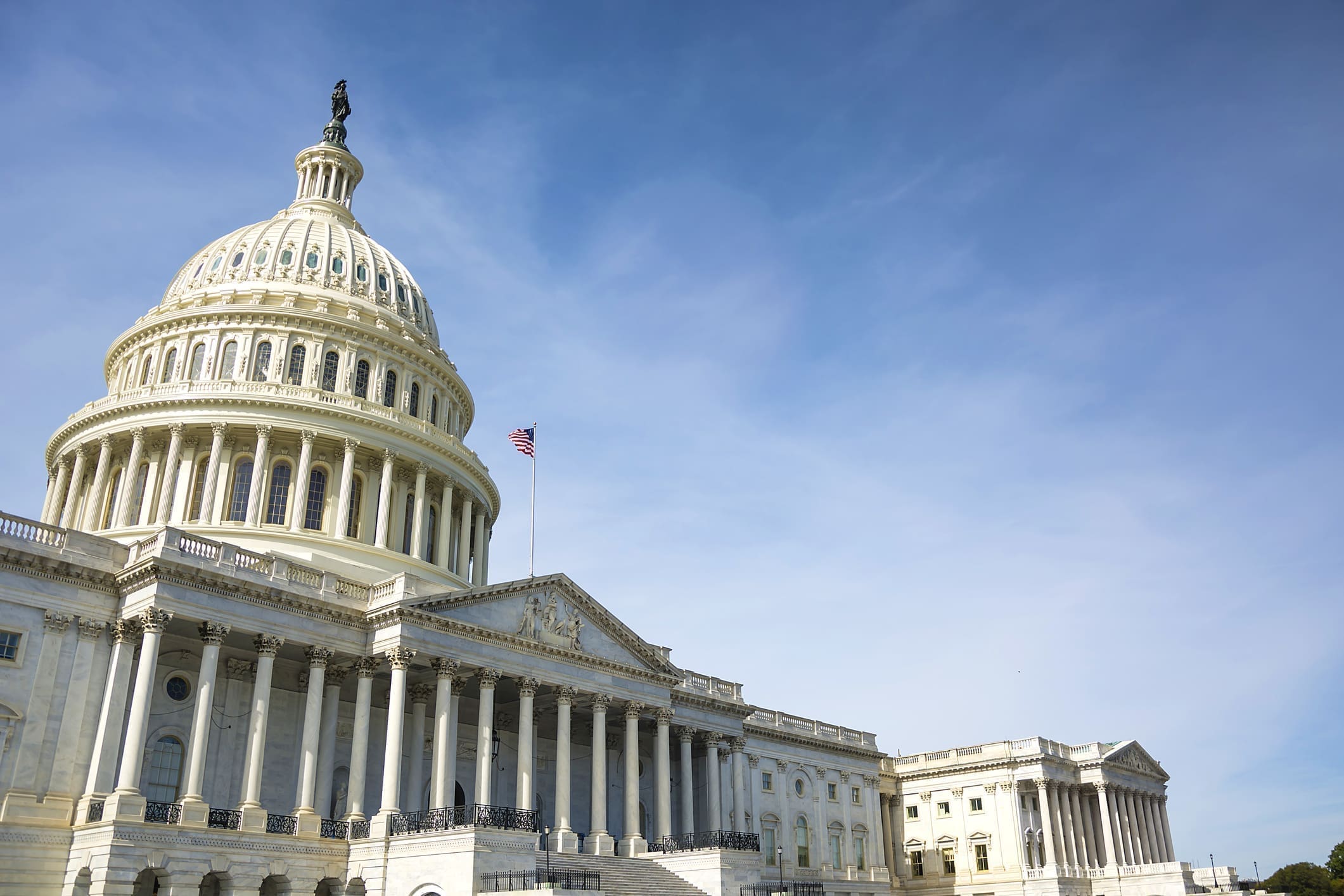
The National Association of Chain Drug Stores (NACDS) this week welcomed further action at the federal level in support of pharmacy benefit manager (PBM) reform — reflecting the fact that this issue remains a top priority for members of Congress on a bipartisan basis.
On September 18, the U.S. House Committee on Energy and Commerce held a full committee markup, including legislation that includes some aspects of PBM reform. The legislation – the Telehealth Modernization Act of 2024 (H.R. 7623) – would delink PBM compensation from drug prices in Medicare Part D as a mechanism to offset the costs of the telehealth provisions.
H.R. 7623 passed out of the House Energy and Commerce Health Subcommittee in May.
Also, on September 17, the U.S. House of Representatives passed the Accelerating Kids Access to Care Act (H.R.4758). Importantly, the bill includes a provision that would ban spread pricing in Medicaid — another vital aspect of PBM reform.
NACDS President and CEO Steven C. Anderson said: “The activities this week in the U.S. House of Representatives demonstrate yet another critical step toward Congress’ acting on its responsibilities to put people — and the pharmacies on which they rely — over PBM profits. NACDS continues to urge that the PBM reforms in Medicare, Medicaid and the commercial market must be considered ‘must-pass’ legislation in the 118th Congress. The Congress has forged bipartisan and bicameral consensus on a true and meaningful approach to PBM reform. Now is the time to stand strong on this issue that matters to Americans – and to remember that every day of delay is another day that PBMs are allowed to sustain their tactics.”
NACDS and pharmacy organizations representing pharmacies and pharmacists across all practice settings have urged that the following aspects of PBM reform are necessary to ensure that a reform package is effective and that it can be supported by pharmacies:
- Medicaid managed care pharmacy payment reform and a ban on spread pricing by requiring 100% pass-through to the pharmacy of the ingredient cost and of the professional dispensing fee, which could allow the federal government and states to save billions of dollars.
- Ensuring fair and adequate Medicaid managed care pharmacy reimbursement from PBMs to cover the cost to acquire and dispense prescription drugs.
- Requiring National Average Drug Acquisition Cost (NADAC) survey participation to help establish benchmarks for Medicaid reimbursement to retail pharmacies which can be used to ensure fair reimbursement to pharmacies in Medicaid managed care and in the commercial markets.
- Requiring the Centers for Medicare and Medicaid Services (CMS) to define and enforce “reasonable and relevant” Medicare Part D contract terms, including information about reimbursement and dispensing fees, and establishing in Medicare Part D an approach by which “any willing pharmacy” can truly participate and serve patients.
- Establishing relevant, standardized and transparent pharmacy quality measurements in Medicare Part D.
These, along with additional policies, have been the subject of bipartisan and bicameral work across key committees of jurisdiction, creating a robust package of Medicare, Medicaid and commercial market reforms that also include:
- Promoting transparency of insurer claims and reimbursement information to the pharmacy, including independent audits and enforcement measures in Medicare Part D.
- Prohibiting PBM compensation in Medicare Part D from being tied to the manufacturer’s list price of a drug.
- Prohibiting spread pricing in the commercial market by requiring 100% rebate pass- through of rebates and payments from drug manufacturers to commercial health plans to lower beneficiary cost and ensure adequate reimbursement for pharmacy acquisition and dispensing costs.
More information is available at an NACDS web page. NACDS continues to emphasize the strong bipartisan support for PBM reform in the U.S. Congress in the TV ad “Time Is Now.”